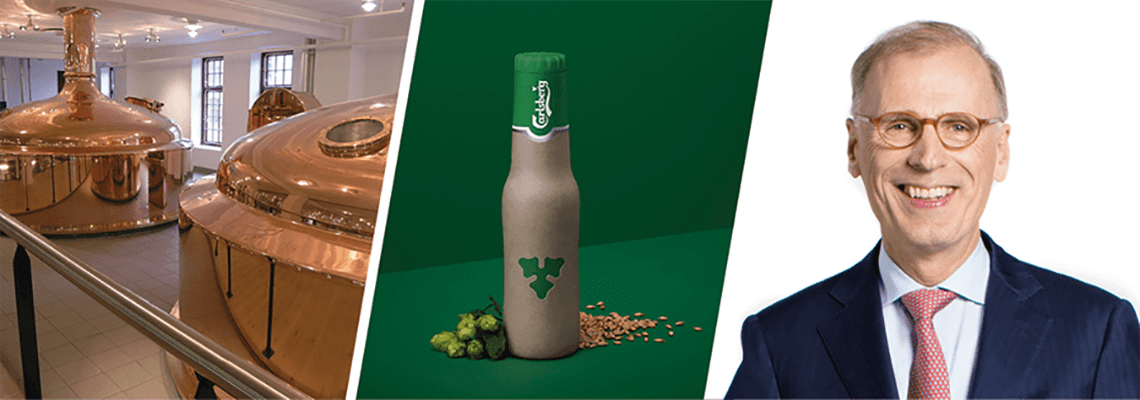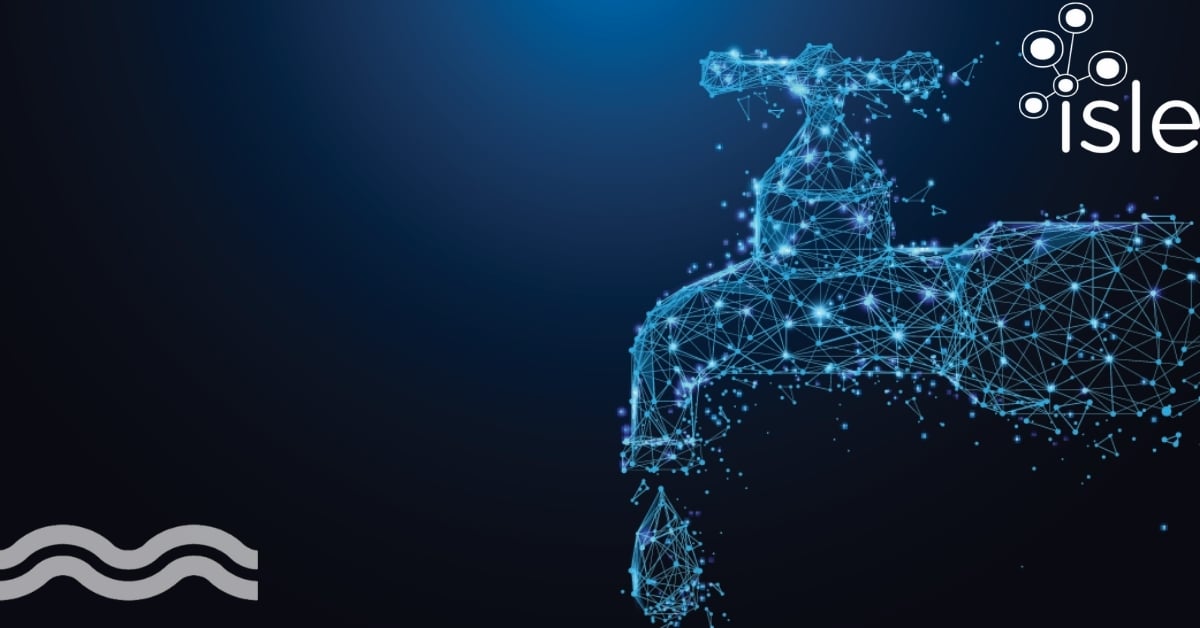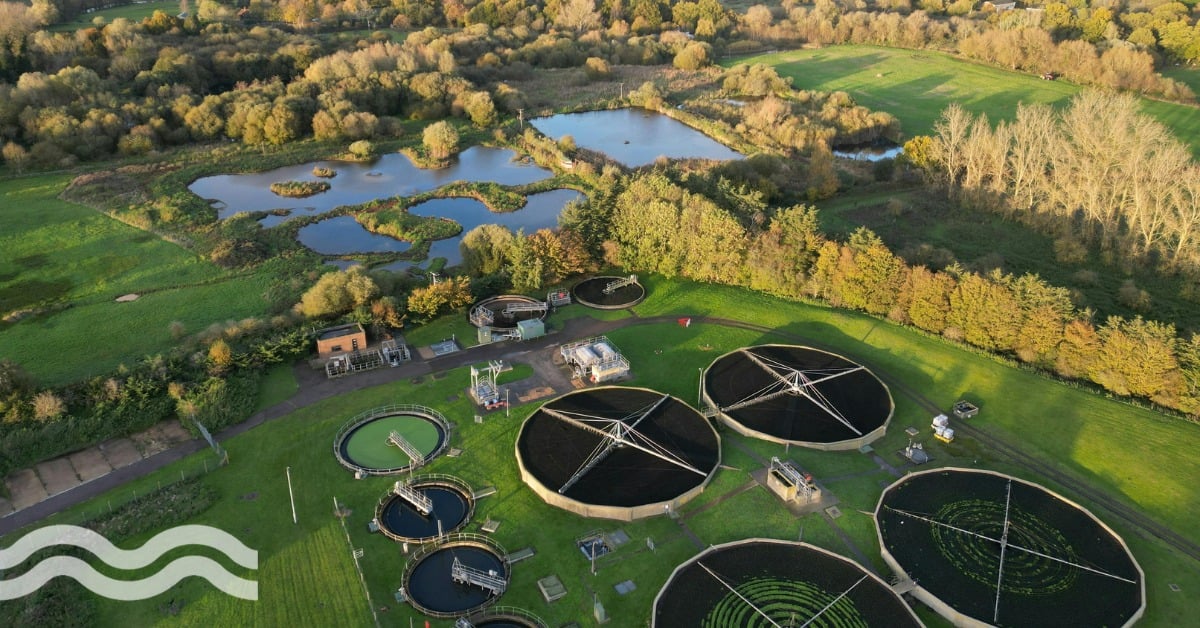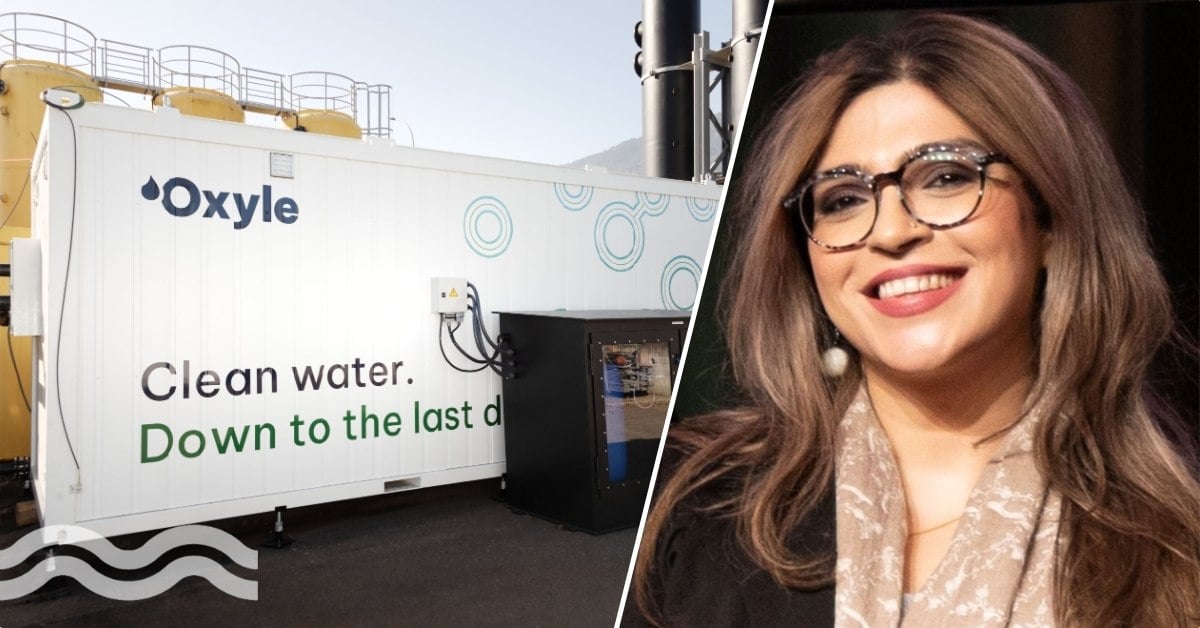Water recycling to help Carlsberg meet sustainability goals

Water efficiency targets for breweries
Danish beer giant Carlsberg improved its water efficiency by three per cent in 2019 but needs to move faster if it is to meet 2022 and 2030 sustainability targets.
Carlsberg Group has reduced relative water consumption by 12 per cent from its baseline in 2015, but the year 2018 did not show an improvement from the previous year (both years at 3.1 hl of water per hl of beer).
The need for speed comes as Carlsberg’s goal for 2022 is to be 25 per cent more water efficient (2.5 hl/hl) in its breweries and to halve water usage by 2030 (1.7 hl/hl).
However, the group’s just-published Sustainability Report 2019 offers a positive outline for how this can be achieved.
A year of strong business results has enabled investment in the “technology, innovation and efficiency” required to meet the target to halve water usage by 2030.
This is part of a wider commitment from Carlsberg to fight climate change (as a signatory of the Business Ambition for 1.5 C Pledge – COP25 in Madrid).
Recycling to safely reuse 90 per cent of process water
Leading this technological progress, the Group’s Fredericia brewery in Denmark is set to become a flagship facility for water reuse.
Engineers are installing state-of-the-art water-recycling technology that will allow Carlsberg to safely reuse 90 per cent of process water, taking usage from 2.9 hl/hl to 1.4 hl/hl for brewing.
The impressive project is the result of a public-private partnership of expertise called ‘DRIP’.
Operational by 2021, the Fredericia brewery will be ahead of the 2030 target of 1.7 hl/hl and it is said will provide learnings for Carlsberg’s other breweries around the world, a portfolio of 82 sites in diverse countries including China, India and Russia.
Introducing the Sustainability Report, Carlsberg CEO Cees ’t Hart writes: “We need to move faster to achieve our ambition of ZERO water waste and our target to halve water usage at our breweries by 2030…. To go further, we need to invest in state-of-the-art water-recycling technology.”
Turning to low-cost desalination
Carlsberg’s sustainability programme is called “Together Towards ZERO”, and that’s a clue as to how difficult challenges might be met.
“‘Together’ is a critical word,” said ‘t Hart. “…Nobody can solve the challenges the world faces alone. By working in partnerships, we are able to make faster progress and deliver change that would otherwise not be possible.”
A second partnership innovation for 2019 included the start of a project with Desolenator – a venture specialising in low-cost sustainable desalination using solar energy.
Carlsberg said this will involve an integrated system that captures both electrical and “waste” heat from solar panels to enable 100 per cent solar-powered purification of seawater.
The system will have the ability to deal complex contaminants such as arsenic and details for the first installation are set to be announced this year.
Water reuse efforts around the world
Elsewhere, significant investments in 2019 included a new water-recycling plant that will open in Kolkata in 2020.
In India, Carlsberg’s water usage decreased by nine per cent in 2019, primarily as a result of increasing the usage of recycled water for cleaning at four breweries.
Three new wastewater treatment plants will be operational in Russia, and one in Bulgaria, by 2020.
Progress during the last year has also featured: optimising clean-in-place and rinsing operations in Bulgaria, China, France, Greece, Lithuania, Poland, Russia and Sweden; cutting water and heat consumption in nine countries; converting from wet to dry cleaning of packaging in France; while revising risk assessments for water-stressed areas, particularly Asia.
A challenge Carlsberg faces is that local legislation can prevent wastewater recycling at certain sites, which can hinder challenge progress towards 2022 and 2030 water consumption targets.
Fresh thinkers in science community
Carlsberg’s ‘Young Scientists Community’ has been encouraged to pursue new technologies to help eliminate waterwaste further at the company’s breweries.
For example, in 2019, the Community was exploring the potential use of microalgae for the upcycling of brewery effluents.
Carlsberg said it recognises that more needs to be done to protect water resources for local communities at sites identified as being at high risk of water scarcity.
Working with World Water Forum, the company is developing a strategy for safeguarding shared water resources.
The Group is updating the water risk assessment at all 82 of its sites around the world, analysing operational water risks at the breweries and assessing the impact on crops such as barley, rice and hops.
Based on this, the company will recommend best practice for water stewardship and action plans to reduce water impacts.


